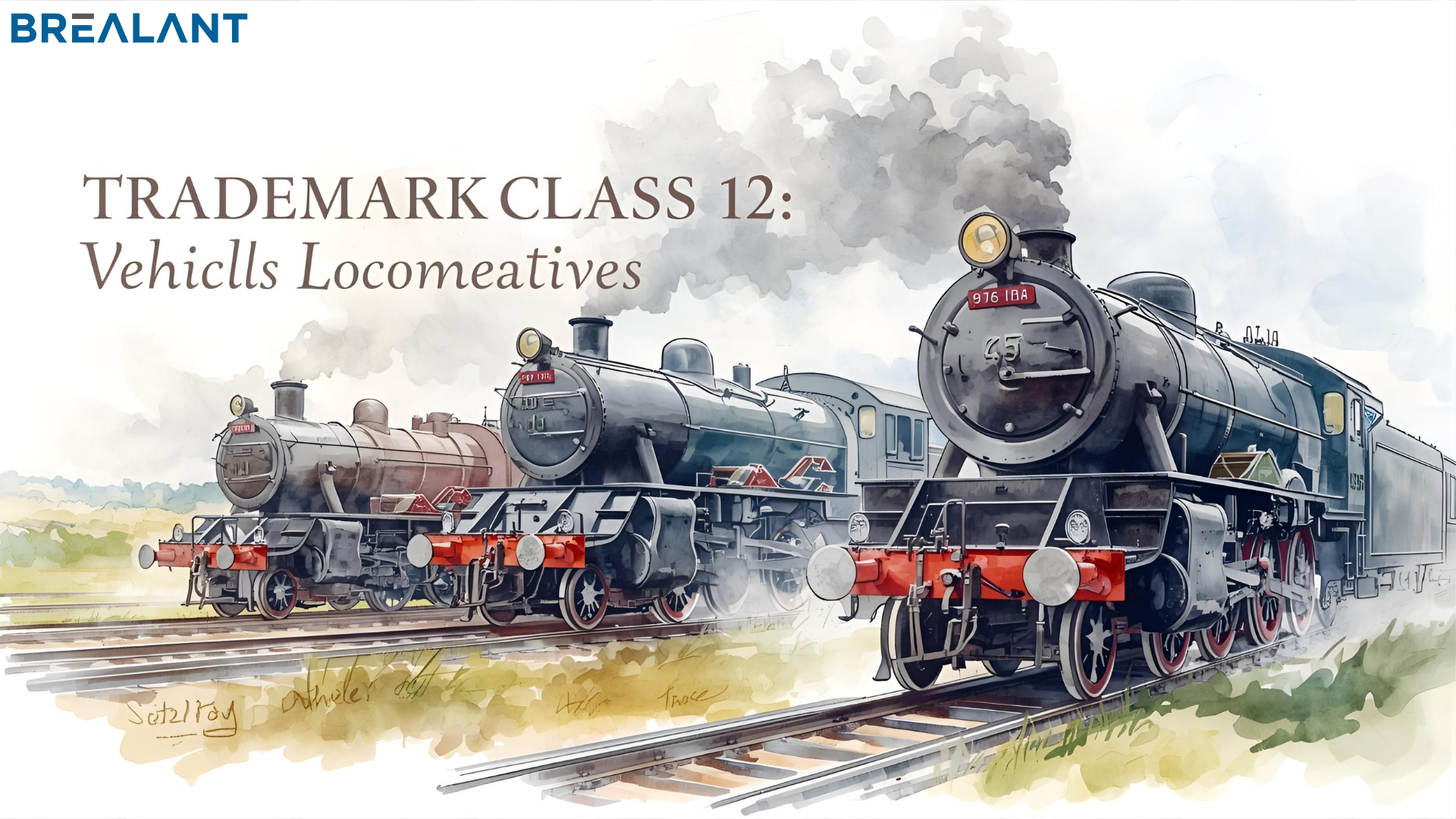If your business is in the automotive or transportation industry, Trademark Class 12 is the category you’ll need to protect your brand under the Intellectual Property Office of the Philippines (IPOPHL). This class covers almost everything that moves people or goods—from cars and motorcycles to trains, boats, and even the spare parts that keep them running.
What Falls Under Class 12?
Class 12 is all about vehicles and their parts. Some examples include:
- Cars, trucks, and buses
- Motorcycles and scooters
- Bicycles and tricycles
- Trains and locomotives
- Boats and ships
- Aircraft and airplane parts
- Accessories and components like tires, brakes, horns, and bumpers
If your product helps move people or cargo on land, sea, or air, chances are it belongs here.
How the IPOPHL Registration Process Works
Applying for a trademark in the Philippines goes through several stages:
- Application & Initial Check – IPOPHL reviews your documents to make sure everything is in order.
- Examination – An examiner looks at whether your mark is distinctive and not too close to existing trademarks.
- Publication – Your application is published in the IPO Gazette so the public can oppose it if they believe it conflicts with their rights.
- Opposition & Appeals – If someone challenges your mark, the case is handled by IPOPHL’s Bureau of Legal Affairs. Decisions can be appealed all the way to the Court of Appeals or even the Supreme Court.
- Registration – If everything clears, IPOPHL issues your Certificate of Registration, officially protecting your brand in Class 12.
Why You Should Protect Your Mark in Class 12
The vehicle and transport industry is extremely brand-driven. A name or logo often stands for years of trust and reputation. Registering your trademark ensures:
- Competitors can’t ride on your reputation with look-alike marks.
- Customers associate your brand with your quality and reliability.
- You have a strong legal shield if someone tries to copy or misuse your name.
Real-World Examples in the Philippines
- In Toyota Motor Corp. v. Berris Agricultural Co., Inc., the Supreme Court emphasized that confusion is judged from the view of the ordinary buyer. Toyota’s famous “LEXUS” mark was protected even against a company in a completely different industry.
- In McDonald’s Corp. v. Big Mak Burger, the Court recognized that well-known marks deserve broader protection—even across unrelated goods. This is especially relevant for global car brands like Toyota, Honda, or Mitsubishi, which are household names in the Philippines.
These cases show how seriously Philippine law takes brand protection, especially for strong and recognizable marks.
Final Thoughts
If you’re in the automotive or transport sector, registering your brand under Trademark Class 12 at IPOPHL is more than just a formality—it’s a safeguard for your business. It protects your reputation, builds customer trust, and makes your brand a valuable long-term asset.
For local applicants, you can file on your own, but if you’re a foreign applicant, Philippine law requires you to appoint an accredited IP agent. Even for locals, working with a professional firm like Brealant, Hechanova, or Federis can make the process smoother, especially if opposition or appeals come into play.

